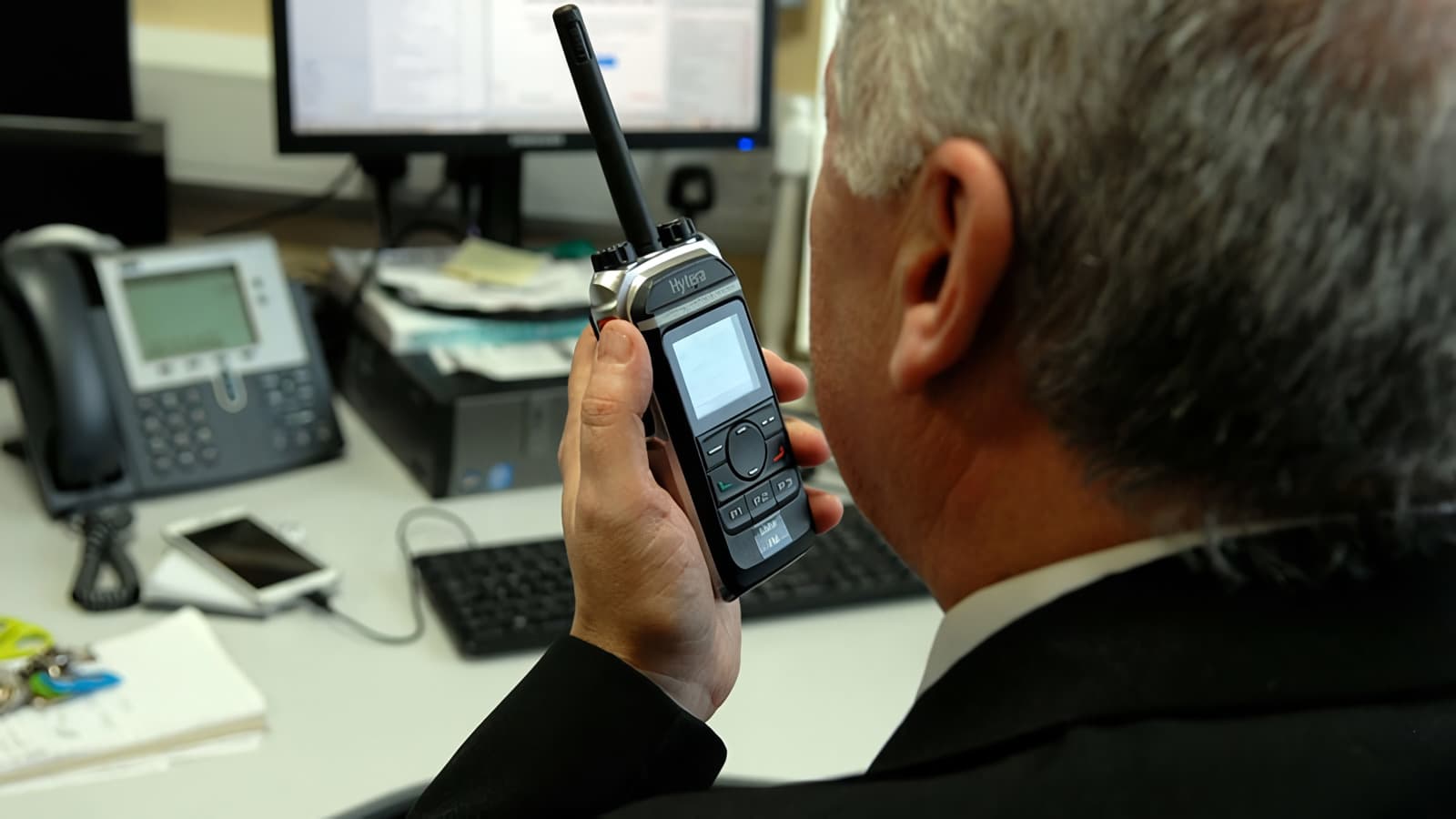
The use and development of walkie-talkies continue to play a crucial role in modern security. Despite the rapid advancement of digital communication tools, two-way radios have maintained their popularity in various industries, including emergency services, events management, and premises security. What sets two-way radios apart from other technologies and enables their success in the security industry?
One reason for their continued success is their adaptability. Two-way radios operate on the same principles as other wireless communication technologies, such as mobile phones and Wi-Fi, relying on electromagnetic wave frequencies for data transmission and reception. However, the introduction of digital signals in modern two-way radios has allowed them to outperform their competitors in terms of reliability, durability, and adaptability to different situations.
Reliability is of utmost importance in the security industry, where communication can be a matter of life and death. Two-way radios offer outstanding call clarity, comparable to landline telephones, thanks to digital noise-canceling technology and high-quality speaker units. Unlike mobile phones that rely on a clear signal path to a distant transmitter, two-way radios create an effective local network controlled by the handsets themselves. This reduces the risk of signal loss or call dropouts within the coverage zone.
Durability is another key factor in the security industry, where personnel often work in rugged environments. Most business-class two-way radios are built to withstand the elements and carry certifications for water, heat, and dust resistance. Additionally, these radios offer long battery life, ensuring continuous operation during long shifts.
Two-way radios are widely used in the security industry for various purposes. In events management, they are essential for coordinating and keeping in touch with teams at festivals, concerts, conferences, and sports matches. Two-way radios create local networks with coverage that can be adjusted using repeaters or base stations. Digital solutions, such as trunking software, allow for the pooling of separate radio networks, providing a larger number of channels and simultaneous communication for large security teams.
In premises security, two-way radios are favored by door staff, surveillance personnel, guards, and store detectives due to their reliability and portability. These radios offer hands-free and one-touch operational options, push-to-talk capabilities, and voice-activated functions, making communication easy and efficient, even in emergency situations. Personal safety features, such as emergency buttons, man-down alarms, and GPS tracking, further enhance security measures.
Comparing two-way radios to mobile phones, the former offers distinct advantages. Once the equipment and licenses are obtained, there are no further costs, such as contracts or call charges. The hardware is built to last and withstand challenging conditions. Two-way radios are specifically designed for situations where mobile phones may struggle, such as crowded and noisy environments or when one-handed operation is necessary.
In conclusion, two-way radios have stood the test of time and continue to be an ideal fit for the security industry. Their adaptability, reliability, durability, and unique features make them indispensable tools for security professionals in fast-paced and challenging environments.

